HONG KONG—The coalition of student groups that is leading an occupation of major thoroughfares around government headquarters released an open letter late on Saturday night to Chinese Communist Party leader Xi Jinping, calling on him to remove the city’s chief executive Leung Chun-ying and personally resolve the current crisis.
The authors of the letter weave a careful series of arguments to justify their movement in terms of Xi Jinping’s own professed China Dream ideology—and not as a protest in any way challenging Party leadership over China.
Hong Kong, a former British colony, has since 1997 been a special administrative region of the People’s Republic of China and has been allowed a degree of autonomy not granted the rest of the country.
Xi Jinping, upon whom the students bestowed a reverential form of address in Chinese, should remove Leung and allow a more representative system of democracy, they said, precisely to uphold the principles he has advocated as leader.
“The ‘China Dream’ that you hoped to realize pointed out that ‘The China Dream is the people’s dream, it must be tied to the people to be realized, it must constantly bring fortune to the people.’”
The note continues that, “To this day, the Hong Kong people have clearly pointed to their dream of 30 years: the establishment of real universal suffrage, and the construction of a system that scrupulously provides equal rights, and which will safeguard the welfare of the Hong Kong people for generations.”
By couching the question of their demands for universal suffrage in the language of Party doctrine, the students are attempting to ensure that they are not taken as a threat to the Party.
They also offer Xi Jinping a tempting course of action, whereby he could purge the city’s unpopular chief executive Leung Chun-ying, and make concessions to the students’ demands without appearing to have demonstrated any political weakness.
A series of decisions by the Hong Kong government has aggravated students and Hongkongers over the last three weeks, most recently with the announcement by Carrie Lam, the chief secretary, or head of the civil service, that the planned talks were off. Lam said no talks could be held as long as protesters continue to call for the occupation of streets in Hong Kong. The students said that is their only bargaining chip.

Leung is known among Chinese political observers to share ties with some of the figures in the Jiang Zemin political network. Jiang headed the Chinese Communist Party from 1989 to 2002, and retained massive influence the following decade. He has been locked in a political struggle with Xi Jinping since the latter took power in late 2012.
Xi Jinping has removed several key figures in the Jiang political apparatus, including the former security czar Zhou Yongkang, and former second-in-command of the military, General Xu Caihou. Though both individuals were already out of office when they were purged, retired officials in China can often exert influence far beyond their formal powers.
Using another well-worn Chinese political trope, the students argue that Hong Kong’s government did not accurately report Hong Kong’s situation to the central authorities, which resulted in the decision by the Standing Committee of the National People’s Congress on Aug. 31, which further inflamed tensions in Hong Kong due to its imperious tone and unwillingness to compromise.
“Leung’s report to the National People’s Congress Standing Committee failed to account faithfully Hong Kong people’s wishes,” it said.
That decision threw down the gauntlet for the current standoff, by placing sharp constraints on what was to be the universal suffrage promised Hong Kong for the 2017 chief executive election. The decision said that a special committee, whose composition is in effect controlled by Beijing, would narrow down the candidates to two or three, and allow Hong Kong people to vote on those.
Zhang Dejiang, the head of the NPC Standing Committee that handed down the decision, is another ally of Jiang Zemin.
The students also used recent news suggesting corruption by Leung to support their call for Xi Jinping to act.
“As an anti-corruption campaign purges officials everywhere in China, and even Zhou Yongkang and other big corrupt officials are removed, Leung Chun-ying is found to have accepted $6.5 million, utterly beyond the law.”
This payment refers to a consulting fee retained by Leung by the Australian engineering firm UGL, after he took office. The payment, which included a clause for further consulting work, was not revealed by Leung in his financial disclosures before becoming chief executive. Lawmakers in Hong Kong have announced that they plan to begin impeachment proceedings.
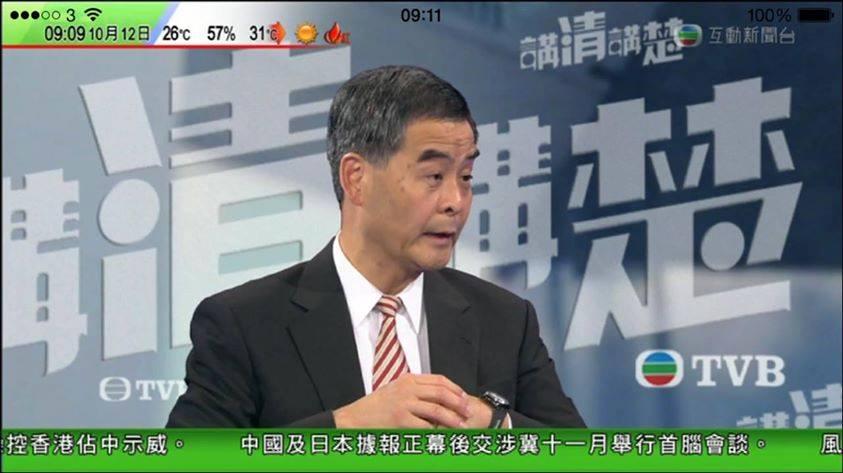
Leung was evidently not deterred by the calls, soon appearing on TVB, a television station accused of having a pro-Beijing bias, to announce that he had no intention of backing down. “My resignation will not resolve the situation,” he said in the interview. He defended the decision of the National People’s Congress in China, and stood by the payment he received from UGL as “legal” and “moral.” The occupation movement, he said in a final jab, is a “mass movement that has spun out of control.”
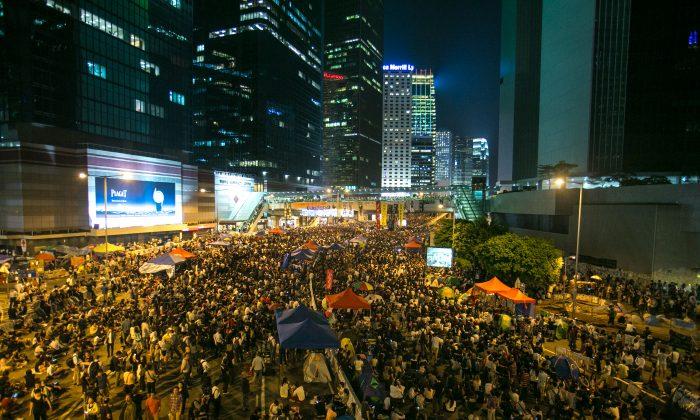


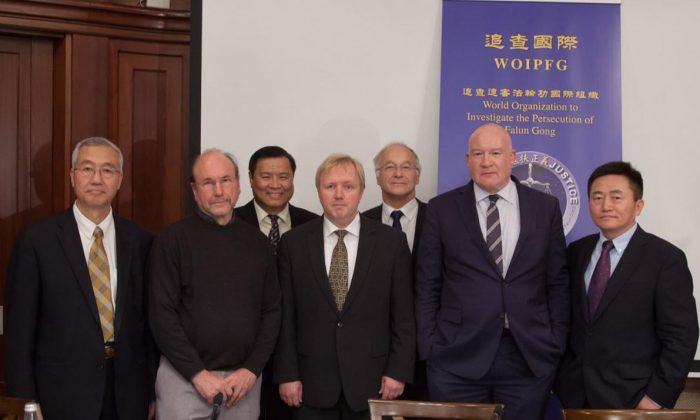
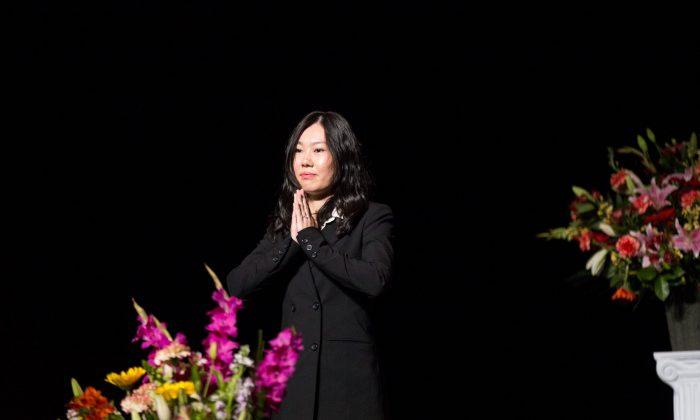
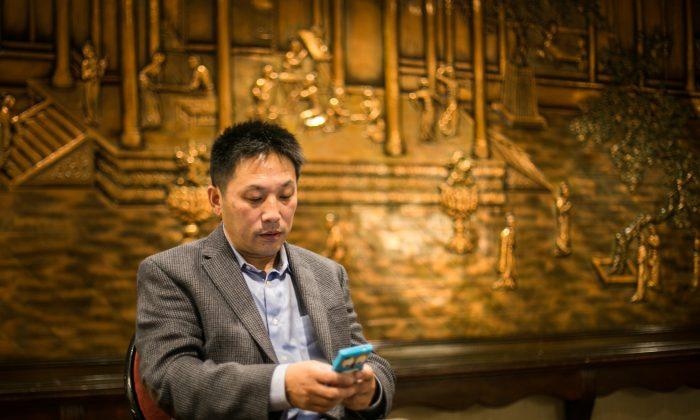
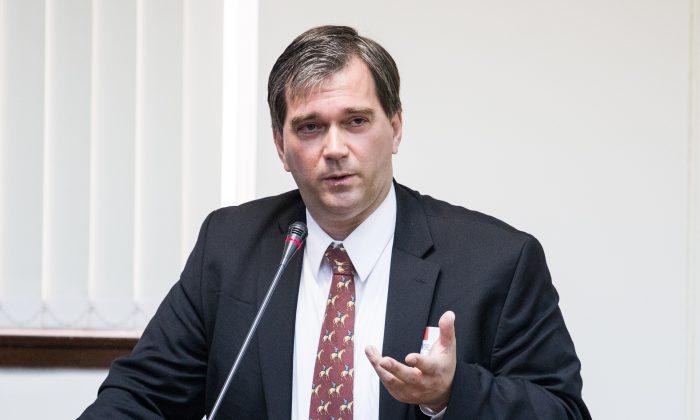
Friends Read Free